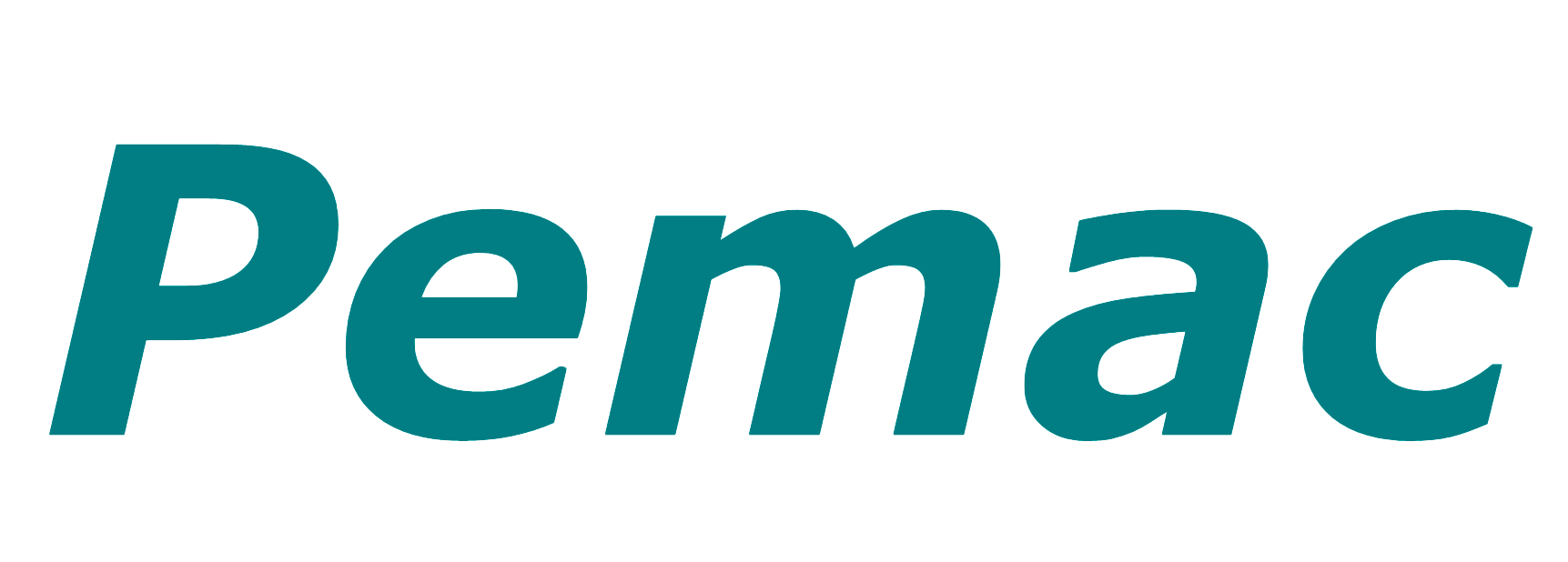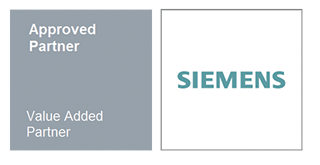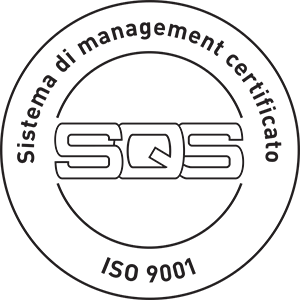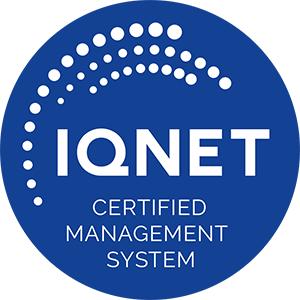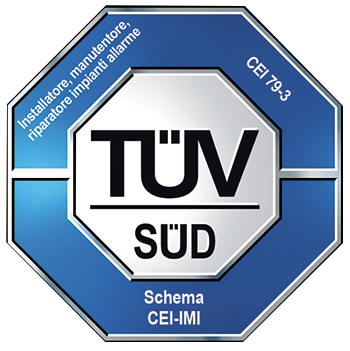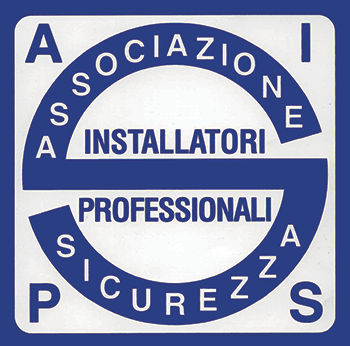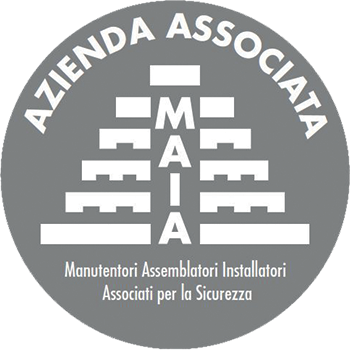UNI 11224 maintenance
On 5 September 2019, the Italian National Standardisation Body published the new UNI 11224:2019 standard, which describes the procedures for initial testing, monitoring and periodic testing, maintenance and general verification of fire detection systems. The document is a revision of the old 2011 edition and introduces numerous changes.
The Maintenance Technician
The first is the introduction of the role of ‘Maintenance Technician’. This role, which replaces the more generic role of ‘qualified technician’, is defined as a competent and qualified person who carries out their tasks reliably, being responsible for the correct performance of activities. It is also hoped that the qualifications and skills of maintenance technicians will be continuously updated and enhanced through participation in industry-specific courses and training activities.
Testing, verification and documentation
The second change concerns testing, checks on individual parts and the related documentation. The standard specifies precisely, for each individual component of fire detection systems, how to carry out checks correctly and also the most suitable tools. Among the documentation required for the correct performance of tests, instead of the generic ‘manuals relating to the control panel and installed equipment’, the standard refers to the ‘system user and maintenance manual, already prepared by the installation company’ (introduced in 2013 by Ministerial Decree 20/12/2012). This must be complete with all the information necessary for the effective management and maintenance of the components and must include a detailed functional diagram of the system. This document must essentially enable the maintenance technician to gain a detailed understanding of the system so that they can carry out adequate periodic checks.
In the case of aspirating detection systems (ASD), additional documentation is also required, namely the ‘system sizing calculation containing parameters such as pipe length, number of sampling holes with relative diameter and expected alarm threshold’.
Periodic checks and general system verification
The most important change in the new UNI 11224:2019 standard is the revision of the timing and content of functional checks and general system verification. Based on the two new concepts of ‘system age’, i.e. the number of years since its formal delivery, and ‘cycle’, i.e. the time between formal delivery and general system verification, the percentages of the number of points to be verified during periodic checks have been rethought.
For conventional detection systems, the obligation to test 100% of devices from the first check remains unchanged. For analogue addressable systems, however, the new standard specifies the following:
- from the delivery of the system to the sixth year, the functional check must cover at least 50% of the components on an annual basis or 25% in two six-monthly checks;
- from the seventh to the twelfth year, the functional check must cover 100% of the components on an annual basis or 50% in two six-monthly checks;
- after the twelfth year, the system must undergo a general inspection consisting of a new preliminary inspection of the system.
During the general inspection, all automatic smoke and flame detectors must undergo factory overhaul or replacement with new components or a real test (specified in the appendix to UNI 9795). This must be carried out within six years of the completion of the ‘cycle’ and therefore within eighteen years of the formal delivery of the system. It is important to note that, in the event of replacement of components, their age is reset to zero, while those subjected to real testing must continue to be tested 100% during the year, 20% of which must always be real testing.
The UNI 11224:2019 standard also specifies that all systems that are more than 12 years old on the date of publication must undergo a general inspection.
In the post ‘Periodic inspections, part 2: fire protection systems and equipment’, we already reminded you how important – and mandatory – it is to carry out regular inspections. Today, the publication of the new standard provides us with an additional tool to comply with this obligation in the best possible way. If you would like to learn more about this topic, we invite you to read the article published on LinkedIn, ‘UNI 11224:2019 – Initial inspection and maintenance of fire detection systems,’ which provides a thorough examination of the document.
